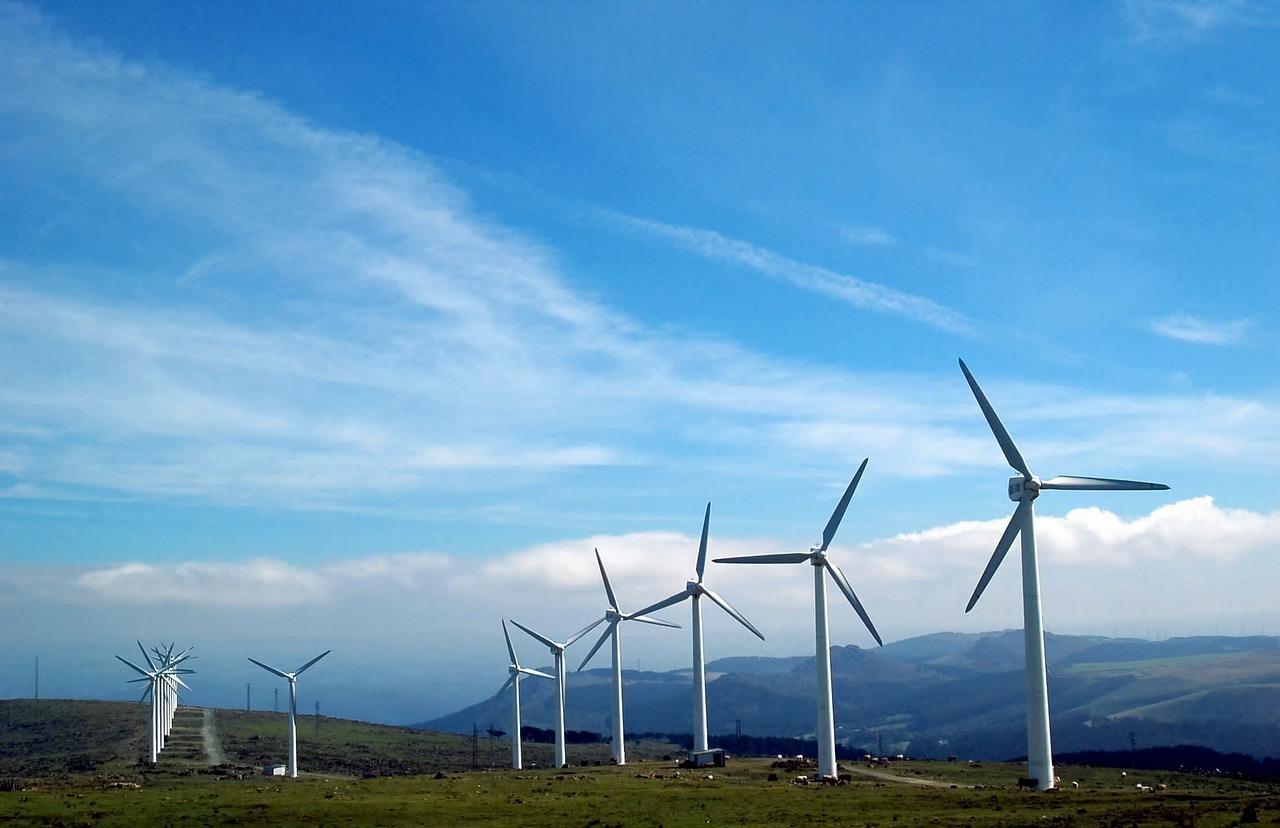In the last two decades, clean energy has gone from a small subsector of power generation to the clear future of the industry
The sector is evolving rapidly and is emerging into a new phase. With many renewable technologies having achieved sufficient levels of maturity and cost efficiency, the future is certainly looking bright.
However, with the end of subsidies, growing demand on the grid and new trends like e-mobility giving clean energy an even bigger role in the UK’s energy system, the UK cannot afford to lift its foot off the pedal.
Current stakeholders in the energy market, most notably policymakers, will need to keep working to remove barriers and provide the regulatory certainty that will enable the industry to reach its full potential.
While recent statistics demonstrate the growing impact of clean energy, with a record 29.3% of total electricity in 2017 generated from clean energy (a figure that reaches almost 50% for Wales and over 70% for Scotland), more can be done. Indeed, the climate change imperative and warnings from the IPCC last autumn serve as reminders that we need to accelerate this shift towards clean energy.
The sector has demonstrated resilience and continued to deliver, despite the end of subsidies. With more progress needed to meet the UK’s ambitious targets for carbon reduction, clean energy generation and the removal of petrol and diesel cars from the roads, industry is ready to take on the challenge.
Long term regulatory certainty will help to attract a growing number of funding and development partners to unlock further opportunities and benefit from the opportunities in the market.
In late 2018, a judgment by the Court of Justice of the EU led to the immediate suspension of the capacity market, throwing gas peaking operations amongst others into the unknown, at a time when the market was still adapting to the shift to a non-subsidy environment.
The export element of the feed-in tariff has also meant that people generating additional capacity for the network from their solar PV installations are not guaranteed to be paid a fair price. Support from the government on these kinds of issues including detailed policy solutions will be welcomed by the industry.
The same can be said for the electric vehicle (EV) and charging infrastructure (EVCI) sectors. EVs will play a crucial role in combatting climate change by replacing fossil fuel cars, and the market is growing strongly. However, this growth could be accelerated further through the development of new industry rules.
Setting common standards to ensure that EVs by all manufacturers are compatible with the same infrastructure (such as charging points, batteries or data sharing) would further accelerate investment and take-up of EVs by settling uncertainties and tackling merchant risks.
New EV rules could also enable EV to grid (EV2G) practices, where the vehicle is used as a battery to store electricity and to power the home when needed. Permitting such practices would provide EV owners with an energy storage capacity and the financial benefits that come from that.
At present, almost all EV manufacturers void their warranties if vehicles are used for EV2G. Allowing EV2G is an exciting proposition and would help bring the energy system into the twenty first century for many households.
Another area where government policy could make a significant difference is planning. Non subsidy clean energy schemes require scale to achieve cost savings so larger projects make strong financial sense.
Currently, projects generating 50 megawatts or more trigger the more costly Development Consent Order (DCO) rather than a standard planning application. Increasing the DCO threshold for renewable projects therefore could be an effective way of stimulating the development of large clean energy schemes.
Additional measures could also be taken to encourage Power Purchase Agreements (PPAs) and incentivise large corporates to generate their own energy for internal use and to sell on to the grid.
Corporate PPAs are interesting propositions but much more needs to be done to encourage power purchasing corporates with bankable balance sheets to enter and participate in the market if this model is to thrive.
It would be remiss not to mention the greatest uncertainty weighing on the UK economy however – Brexit, and the uncertainties it has cast over the relationship between the UK and European electricity markets. Such questions will need answering, but the main issue with Brexit is that is has dominated the policy agenda for more than two years and is yet to be resolved.
To its credit, the government is consulting on how energy storage projects are evaluated under the nationally significant infrastructure projects and whether such schemes should benefit from simple permitted development processes. This is a good initiative, but a wider reform of the planning system to encourage clean energy and storage would also further accelerate adoption of such technologies.
Notwithstanding the legislative prerogatives of Brexit, the government must also make it clear that clean energy is an urgent priority. In resolving the issues and tackling uncertainties through the provision of clear regulatory guidance, policymakers can greatly drive the clean energy industry forward.
This would leave the sector in an extremely strong position to develop into a dynamic market without subsidies – providing a boost for both UK businesses and decarbonisation goals.
By Maria Connolly of law firm TLT

Be the first to comment on "Settling the questions to allow clean energy to power ahead"